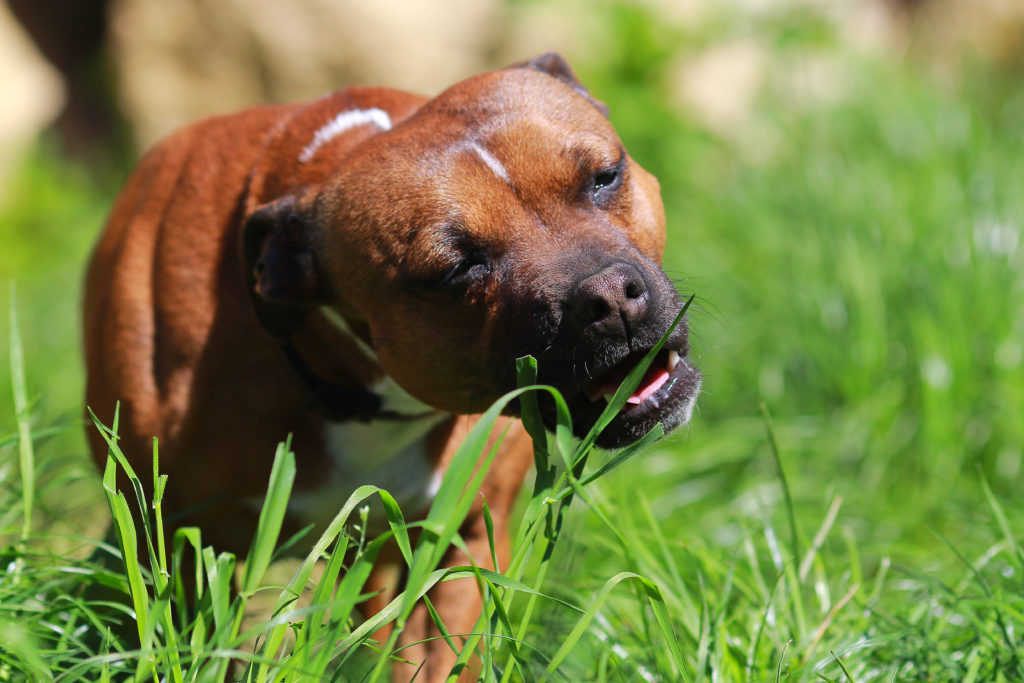
You likely walk your dog down the street and wonder why he stops at a random spot and starts nibbling on the grass next to the sidewalk. Do you think, “Could the grass taste that good?” Maybe you wonder, “Is there something that feels good in chewing on the grass?”
Well, there are various reasons why dogs tend to munch on grass at any time they are outside. Some of the basic reasons for crunching on the grass include the following:
- Instinct
- Nutrition deficiencies
- Upset stomach or nausea
- Boredom
- Anxiety
To start by following their instinct, as something that may be a natural or inherited instinct inherited as a natural scavenger. Dogs naturally scavenge for food, tending to find food scraps throughout the grass while also eating grass and plants for survival. So your dog may simply be hungry.
If dogs may be missing some nutrients, the need to eat grass could come from missing fiber or other items from their diets. It may also be as simple as being hungry when coming along some grass that smells or tastes good, bringing a dog to start crunching on it. You may want to evaluate the nutritional balance in your dog’s diet for any of these reasons.
If your dog feels sick, eating grass may help tickle their throat and lead to vomit and relieve nausea. It may be a short-term solution, but if you see your dog practice this activity several times or regularly, it may be time to visit the vet to check their health for a more serious illness.
Your dog may also be bored, curious, or anxious, chewing on the grass for some activity. In this case, it may be something they do to kill some time or increase activity that they don’t receive in the house. In this case, simply let them munch and play in the grass as they like and enjoy the outdoors! There is no harm in letting your dog play in the yard and get some fresh air. It may also indicate that they could use some chew toys inside the house to fill their time with some more activity.
Finally, there is always the possibility that a dog may simply like the taste or texture of the grass as it comes in certain areas of your yard or in places where you pass while you are walking. You may notice that they only chew on the grass or eat it in certain places where it seems to appeal to their taste. So, there may be a larger question of whether or not to let your dog chew on grass. But more importantly, you should watch the result that comes from your dog chewing on the grass to see why they are doing it and see if there is a larger problem to be solved.







